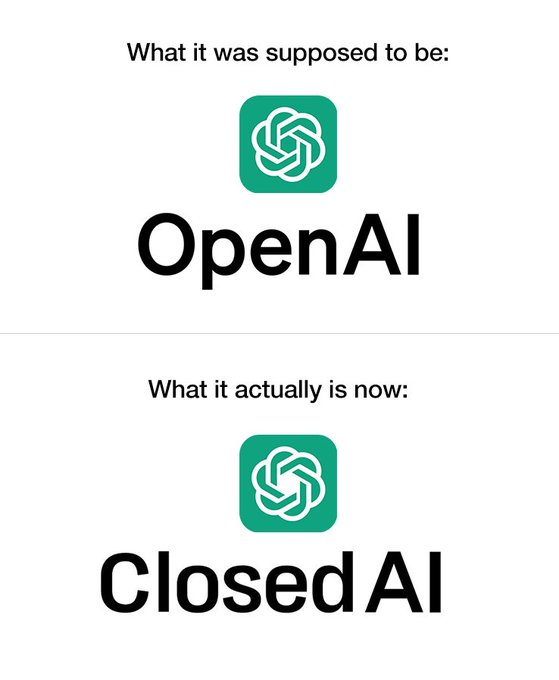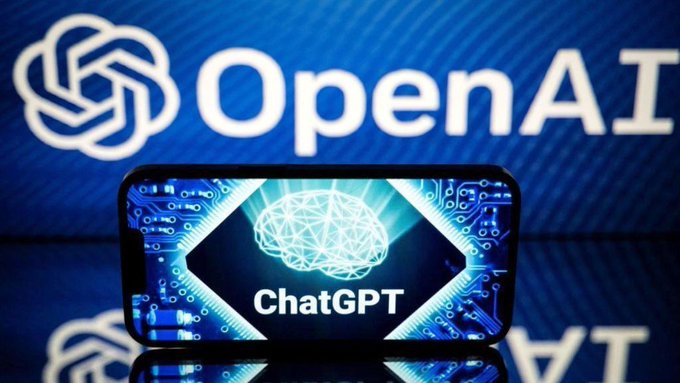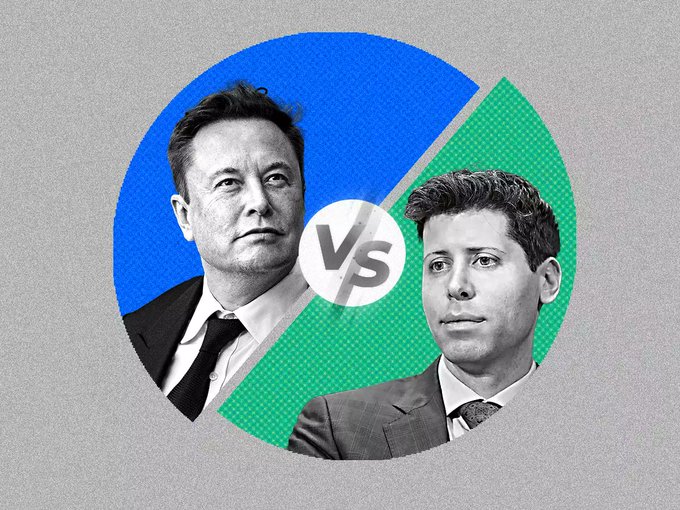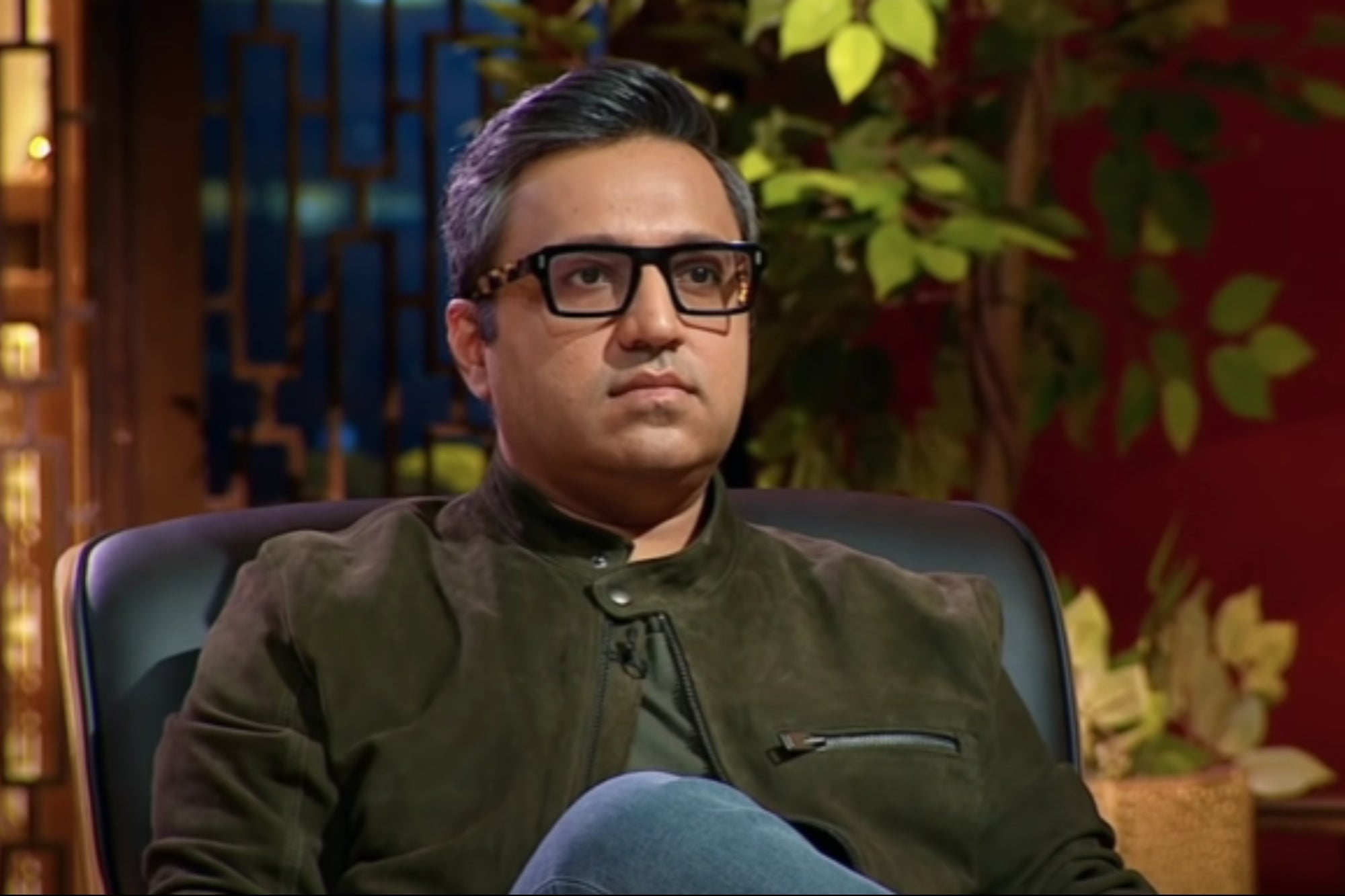The world of Artificial Intelligence (AI) has been heating up lately, and not just because of the impressive advancements in the field. A recent lawsuit between Elon Musk and OpenAI, an AI research company he co-founded in 2015, has thrown a spotlight on the clash between ideologies around AI development.
A Divided Vision on OpenAI
- Openness for All: Founded in 2015, OpenAI championed open access to AI research. Their goal: ensure safe and beneficial AI development through global collaboration.
- Musk’s Vision: While aligned with safety concerns, Elon Musk reportedly favored a different approach.
- Merger with Tesla: Merging OpenAI with Tesla raised concerns about a single company controlling AI research, potentially hindering collaboration and ethical considerations.
- Leadership Control: Alternatively, Musk might have desired a leadership role within OpenAI, influencing research direction. This clashed with OpenAI’s commitment to a more democratic approach.
- Parting Ways: In 2018, OpenAI refused to budge on its vision. Musk left the organization, seemingly ending a collaborative chapter. However, as future events would show, it was merely the beginning of a public feud.
The “ClosedAI” Jab By Musk
The situation took a dramatic turn when Musk decided to up the ante. In a move that injected some theatrics into the legal battle, Musk publicly challenged OpenAI to rename themselves “ClosedAI” if they wanted the lawsuit dropped. This playful yet pointed jab served two purposes:
- Highlighting the Disagreement: The name change, from “OpenAI” to “ClosedAI,” directly mocked OpenAI’s core principle of transparency and collaboration in AI development. It underscored Musk’s belief that they had strayed from their original mission.
- A Touch of Humor (with a Bite): By editing a picture of OpenAI’s CEO, Sam Altman, with a “ClosedAI” ID badge, Musk added a layer of humor to the situation. However, beneath the lightheartedness, there was a clear message: Musk believed OpenAI was no longer the open and transparent organization he envisioned.
This public challenge not only added another layer of complexity to the lawsuit but also reignited the debate about the future of AI development and the role of transparency in the field.
OpenAI Fires Back: With Transparency
OpenAI refused to be bullied by Musk’s theatrics. They countered his “ClosedAI” challenge with a powerful move: releasing a trove of private emails exchanged with Musk. This email dump served several purposes:
- Transparency as a Weapon: By releasing private communications, OpenAI aimed to bring transparency to the situation on their terms. This countered Musk’s accusation that they had become secretive.
- Shifting the Narrative: The emails likely shed light on the disagreements over funding, control, and the overall direction of OpenAI. This could potentially paint a picture of Musk pushing for a more self-serving agenda, deflecting some of the blame he placed on OpenAI.
- Defending Their Mission: OpenAI reaffirmed their commitment to responsible AI development. The emails might reveal a consistent focus on safety and ethical considerations, directly addressing Musk’s claims of them straying from their original mission.
This bold move by OpenAI demonstrated their willingness to fight fire with fire. By bringing the details of the disagreement to the public eye, they aimed to regain control of the narrative and solidify their position as champions of responsible and open AI development.
The Future of AI: A Cloudy Forecast
The legal battle between Elon Musk and OpenAI hangs in the balance. While the final verdict remains to be seen, this public spat has shone a spotlight on a critical debate: how should we develop and control Artificial Intelligence?
Openness vs. Caution: A Balancing Act
The core question revolves around the ideal approach to AI development. Should it be completely open and transparent, allowing for public scrutiny and collaboration? Or is a more controlled approach necessary to mitigate potential risks associated with powerful AI technologies?
- The Openness Argument: Proponents of open AI development believe that transparency fosters collaboration and accelerates innovation. By allowing researchers worldwide to freely access and contribute to AI research, we can ensure faster progress and identify potential dangers before they become threats.
- The Cautionary Approach: Advocates for a more controlled approach argue that some AI advancements might be too dangerous to release publicly. They believe responsible development requires careful oversight and regulation to mitigate risks like misuse or unintended consequences.
Finding the Middle Ground
The answer likely lies somewhere in between these two extremes. Striking a balance between openness and control will be crucial in ensuring the safe and beneficial development of AI. Here are some potential solutions:
- Open Source with Oversight: AI research could be conducted openly, with certain safeguards in place. For example, highly sensitive research areas might require additional scrutiny or access restrictions.
- Collaboration with Regulation: Governments and international bodies could collaborate with AI researchers to develop clear guidelines and ethical frameworks for responsible AI development.
The Road Ahead
The outcome of the Musk vs. OpenAI lawsuit will undoubtedly influence the future trajectory of AI development. But regardless of the verdict, this public battle has served as a wake-up call. We need a global conversation about the ethical implications and responsible development of this powerful technology. Only through open discussion and collaboration can we ensure that AI serves humanity for the greater good.
This situation raises several questions:
- Can openness and responsible AI development coexist?
- Who should be in control of powerful AI technologies?
- How can we ensure AI benefits humanity as a whole?
The coming months will likely see further developments in this case. But one thing’s for sure: the battle between Elon Musk and OpenAI has sparked a crucial conversation about the future of AI.
Please share your thoughts in comment about , at theproductrecap.com we are open to friendly suggestions and helpful inputs to keep awareness at peak.








